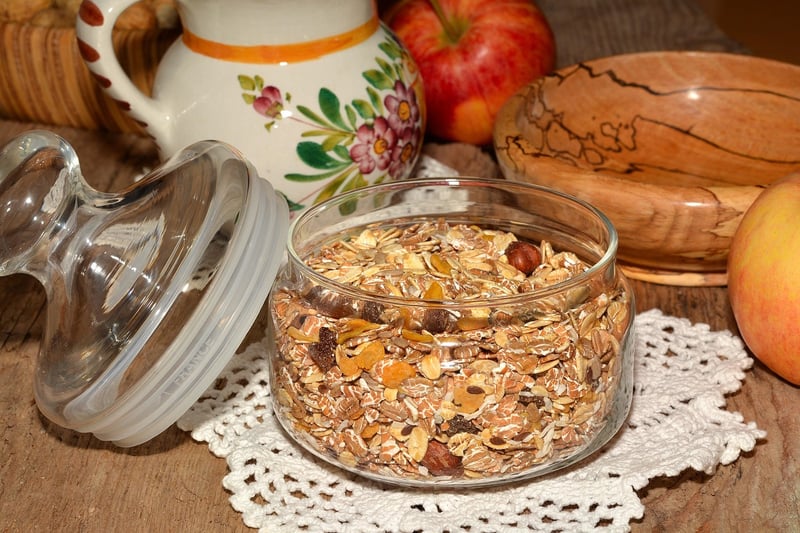Meal Planning
Guidance for a Balanced Diet and Meal Planning
The Importance of a Balanced Diet
Eating a balanced diet is crucial for maintaining good health and overall well-being. A balanced diet provides the necessary nutrients, vitamins, and minerals that your body needs to function properly. It helps in reducing the risk of chronic diseases, maintaining a healthy weight, and boosting your energy levels.
Key Components of a Balanced Diet
A balanced diet should include:
- Fruits and vegetables
- Whole grains
- Lean proteins such as poultry, fish, beans, and nuts
- Healthy fats like avocados, olive oil, and nuts
- Dairy or dairy alternatives
Meal Planning Tips
Meal planning is a great way to ensure that you are eating a balanced diet throughout the week. Here are some tips to help you with meal planning:
- Plan your meals in advance for the week
- Include a variety of foods from different food groups
- Prepare meals in bulk and freeze individual portions for later
- Use herbs and spices to add flavor without extra calories
- Stay hydrated by drinking plenty of water throughout the day
Sample Meal Plan
Here's a sample meal plan for a day that incorporates a balanced diet:
- Breakfast: Greek yogurt with mixed berries and a sprinkle of granola
- Lunch: Grilled chicken salad with mixed greens, cherry tomatoes, cucumbers, and balsamic vinaigrette
- Snack: Carrot sticks with hummus
- Dinner: Baked salmon with quinoa and roasted asparagus
- Snack: Apple slices with almond butter
Conclusion
Remember, a balanced diet is key to a healthy lifestyle. By following these guidelines and incorporating meal planning into your routine, you can ensure that you are providing your body with the nutrients it needs to thrive.



